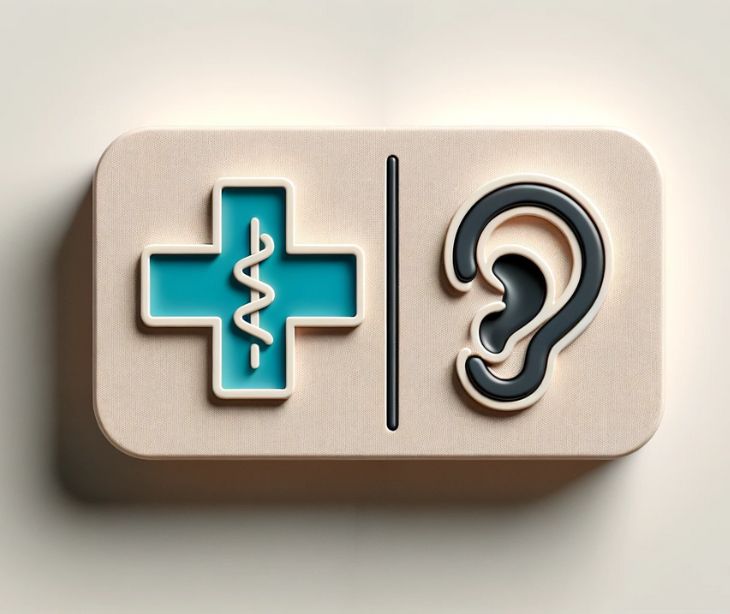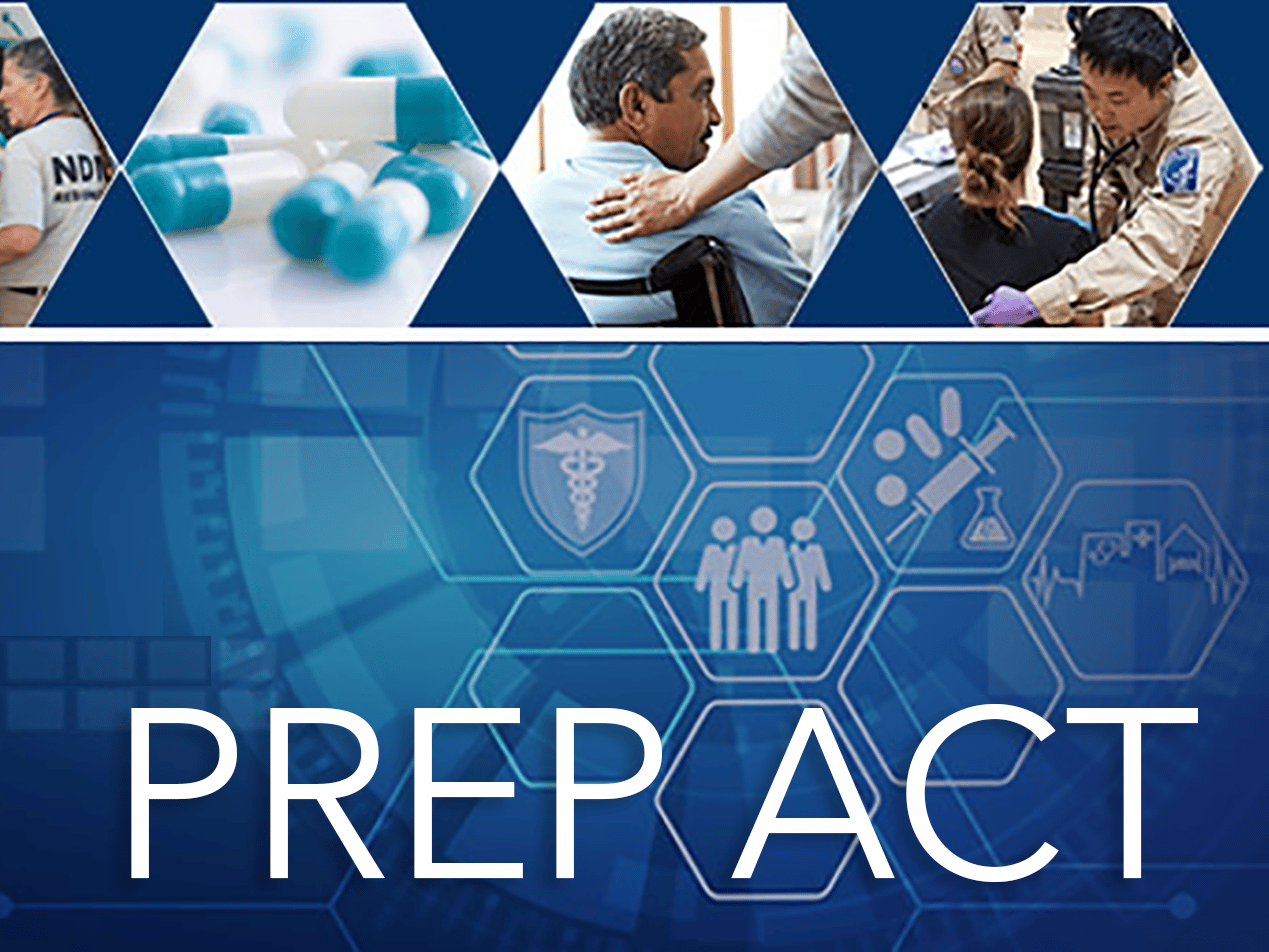
Professional medical interpreters assist in facilitating communication between healthcare providers and patients with limited proficiency in the primary language of the healthcare facility. This requires they have access to patients' protected health information (PHI) and be a part of sensitive discussions during medical encounters.
Therefore, interpreters are considered a part of the broader healthcare system and must adhere to the HIPAA regulations, just like healthcare providers.
The role of professional medical interpreters
Professional medical interpreters facilitate communication between healthcare providers and patients with limited English proficiency (LEP) or those who are deaf or hard of hearing. They bridge the language and cultural barriers that can obstruct healthcare delivery, ensuring accurate and culturally sensitive communication.
Professional medical interpreters possess excellent language skills, cultural competency, and a deep understanding of medical terminology. They help patients understand their medical conditions, treatment options, and healthcare instructions while also conveying the patient's concerns, symptoms, and medical history to healthcare providers.
The importance of patient confidentiality
HIPAA regulations are designed to protect the privacy and security of patients' PHI. Professional medical interpreters have to uphold patient confidentiality and safeguard patients' PHI. They must adhere to the same HIPAA regulations and standards as healthcare providers, ensuring they handle and transmit PHI securely and maintain strict confidentiality.
How HIPAA applies to professional medical interpreters
As HIPAA regulations apply to all entities that handle PHI, professional medical interpreters are also subject to the following regulations:
Business associate agreement (BAA)
Professional medical interpreters often work with healthcare providers as business associates. A business associate is any entity or individual that performs functions or provides services involving PHI on behalf of a covered entity.
As business associates, professional medical interpreters must enter into a BAA with the healthcare provider they are working with. This agreement outlines the responsibilities and obligations of both parties regarding the protection and handling of PHI.
Read more: Business associate agreement provisions
Confidentiality and non-disclosure
Professional medical interpreters must adhere to strict confidentiality and non-disclosure requirements and must not disclose any PHI they come across during their interpretation work.
Interpreters should only communicate PHI to the necessary parties involved in the patient's healthcare, such as the healthcare provider or authorized personnel. They must also securely store and properly dispose of any notes or documentation containing PHI to prevent unauthorized access, in line with HIPAA requirements.
Secure communication channels
Professional medical interpreters must use secure communication channels to protect patient privacy and comply with HIPAA regulations when communicating PHI. This includes using HIPAA compliant email.
They should also obtain written consent from patients before using any electronic communication methods for interpreting services.
Training and certification
Professional medical interpreters must receive training on HIPAA regulations, patient confidentiality, and the secure handling of PHI to maintain HIPAA compliance. This training should cover patient privacy, HIPAA requirements, and the interpreter's role in maintaining confidentiality.
Interpreters can also seek certification from organizations such as the National Board of Certification for Medical Interpreters (NBCMI) or the Certification Commission for Healthcare Interpreters (CCHI). Certification demonstrates proficiency in medical interpretation and commitment to upholding professional standards and ethical practices, including HIPAA compliance.
Compliance with other laws and regulations
In addition to HIPAA, healthcare organizations may be subject to other laws and regulations related to language access and communication. For example, Title VI of the Civil Rights Act of 1964 prohibits discrimination based on national origin, requiring healthcare organizations to provide meaningful access to individuals with limited English proficiency.
Healthcare organizations that receive federal financial assistance, such as Medicare or Medicaid, are required to take reasonable steps to provide language services, including interpreter services. Covered entities must comply with both HIPAA and Title VI to promote unbiased access to healthcare services for all individuals.
Read more: Civil Rights Requirements Title VI of the Civil Rights Act
Subscribe to Paubox Weekly
Every Friday we'll bring you the most important news from Paubox. Our aim is to make you smarter, faster.





